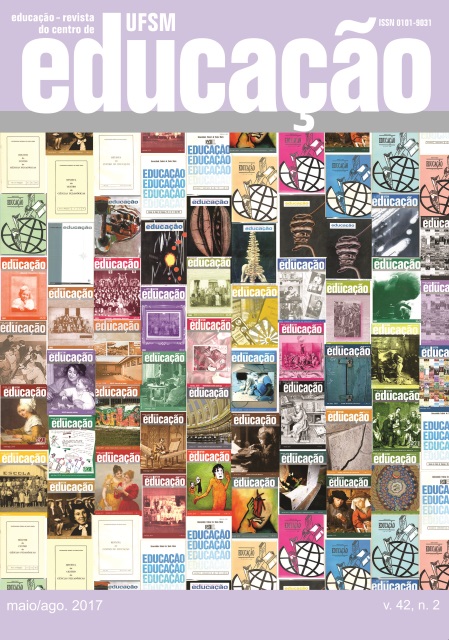Learning landscapes: American summer camps and educational possibilities
DOI:
https://doi.org/10.5902/1984644428830Keywords:
, Summer camp, Learning, Educacional experiences out-of-schoolAbstract
For over 100 years educational researchers have concerned themselves with a “summer learning gap” for students who experience academic losses during the summer months they are away from school. Simultaneously, American summer residential camps have provided landscapes of learning for generations of school children to improve skills and build competencies. Despite the current availability for camp experiences to fill the “summer learning gap” experienced by students during the summer vacation, contemporary education reform initiatives have largely not recognized the seemingly natural connection between camp and school. This article examines the significant historical linkages and theoretical underpinnings that relate the American camp movement and formal school settings, as well as contemporary possibilities for camps to serve as learning landscapes for 21st century learning outcomes that include relationship building, role modeling, collaboration, confidence, independence, and academic enhancement. Conclusions of the article indicate the significant role of camp experiences in the learning lives of children, and the need for policy makers to adopt reforms that include provisions for out-of-school time learning opportunities such as summer camp.Downloads
Published
How to Cite
Issue
Section
License
Declaration of originality
We declare that all articles present in the journal Educação (UFSM) are originals and were not submitted for publishing on any other publication, as a whole or a fraction. We also declare that, after being published by Educação (UFSM), a paper will not be submitted to another journal within two years. After this time, our journal transfers the publishing rights to the authors, with a permit granted by the Editorial Council.
We also acknowledge that the originals’ submission to Educação (UFSM) implies on a transference of copyright for physical and digital publishing to the journal. In case of noncompliance, the violator will receive sanctions and penalties predicted by the Brazilian Copyright Protection Law (n. 9610, dated 19/02/98).
Attribution 4.0 International (CC BY 4.0)
This license lets others remix, transform, and build upon the material for any purpose, even commercially, and copy and redistribute the material in any medium or format.

This work is licensed under a Creative Commons Attribution 4.0 International (CC BY 4.0)






